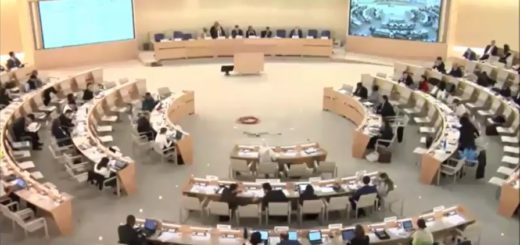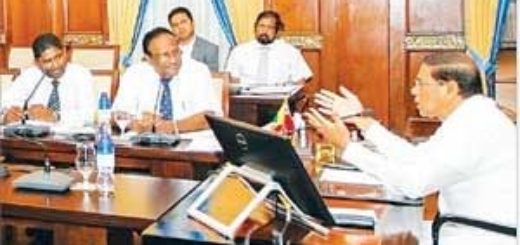People smugglers operate on streets of Dandenong
The syndicates, which use GPS tracking and mobile phone messaging systems, boast they can reunite family and friends with relatives living in Australia within months, if not weeks.
A well-placed source in the Afghan community told The Age this week: “The syndicates are an open secret within the Hazara community — everybody knows who runs them, who to approach and who makes the money. It is astonishing they can operate so openly.”
It is claimed the top smugglers move around with ease, have Australian citizenship and travel unimpeded between Australia and Afghanistan. This week, Indonesian police detained an Australian citizen, Haydar Khani, said to be responsible for smuggling almost 100 asylum seekers on board the SIEV 221 that sank after breaking up on rocks off Christmas Island in December.
The biggest Australian-based smuggling operation is believed to be run from a series of nondescript shop fronts in Dandenong, home to thousands of Afghan refugees, many of Hazara ethnicity. It is believed to have generated tens of millions of dollars in profit in the past two years.
Inquiries by The Age have revealed:
•Fees paid to people smugglers include a $1500 deposit, with additional payments being made as the asylum seeker progresses through the system. In the past two years, the cost of a passage from Kabul to Christmas Island has jumped from $7500 to $12,000.
•Financial transactions are conducted through the so-called Hawala banking system, which is difficult for law-enforcement authorities to monitor as it involves no individual payments or records — just monthly cash settlements paid via Western Union between respective agents in Australia and Afghanistan.
•People smugglers insist that all asylum seeker identity documents, including passports, be destroyed before embarking on boats to Australia to ensure people cannot be connected to relatives and family members living in Australia. Use of false names also means that Afghan authorities cannot trace them.
•It is apparently not uncommon for boats to arrive with asylum seekers claiming to be from a particular Taliban-controlled district where it is impossible for authorities to check their identities.
This month Western Union conceded that its money transfer service had been used by people smugglers in Australia to fund illegal operations.
The financial services giant made the admission in a submission to the national finance intelligence unit, the Australian Transaction Reports and Analysis Centre.
A spokesman for the Australian Federal Police (AFP) yesterday declined to comment on the claims, saying it was official policy not to discuss operational matters. More than 90 people have been convicted of people smuggling since 2008, with most believed to be Indonesian fishermen taken off intercepted boats.
It is believed the networks have several operational tiers: spruikers who target vulnerable clients such as parents who want to be reunited with children; bagmen who collect payments; and “commanders” who track progress through the network. The operation is entirely commission-based.
The AFP is a key part of the federal government’s people-smuggling strike team that conducts long-term investigations into the illegal people trade. The team has powers to intercept phone conversations and monitor banking transactions and has officers based in Indonesia and Afghanistan.
Hazaras have a long history of suffering persecution in Afghanistan and made up a significant number of the 6000 asylum seekers who arrived last year in Australian waters by boat from Indonesia. Many have fled the Taliban-controlled city of Quetta, located in Pakistan near the Afghanistan border.
“Smugglers and their operatives see nothing morally wrong in what they are doing. They believe they are providing a service to the Afghan community by reuniting people from different sides of the world,” said a prominent member of the Afghan community, who declined to be identified.
The Age has been told that the once-sanguine attitude among Afghans to smugglers is shifting. Sources who approached this reporter to talk in detail about the networks said they did so because of the December Christmas Island disaster, when up to 50 people on SEIV 221 perished in wild seas.
It is believed there are some 17,000 asylum seekers in Indonesia waiting to come to Australia and at least another 25,000 in Malaysia.
Australia has recently signed an agreement with Afghanistan for the return of asylum seekers who fail to meet the refugee criteria.
January 29, 2011



